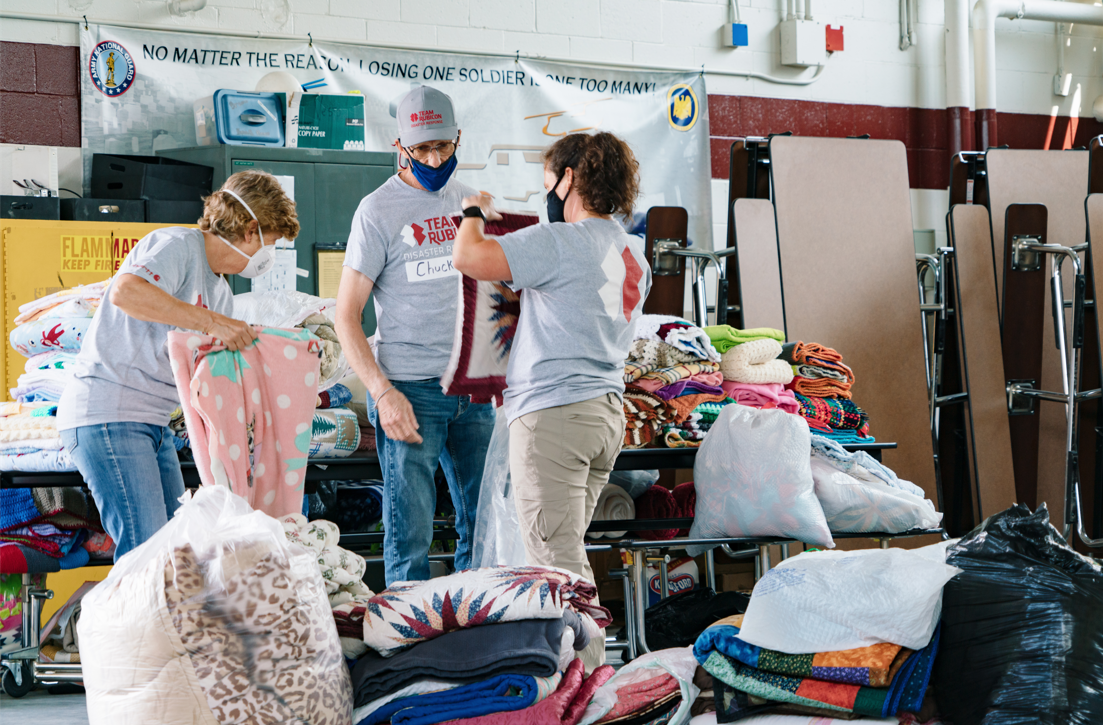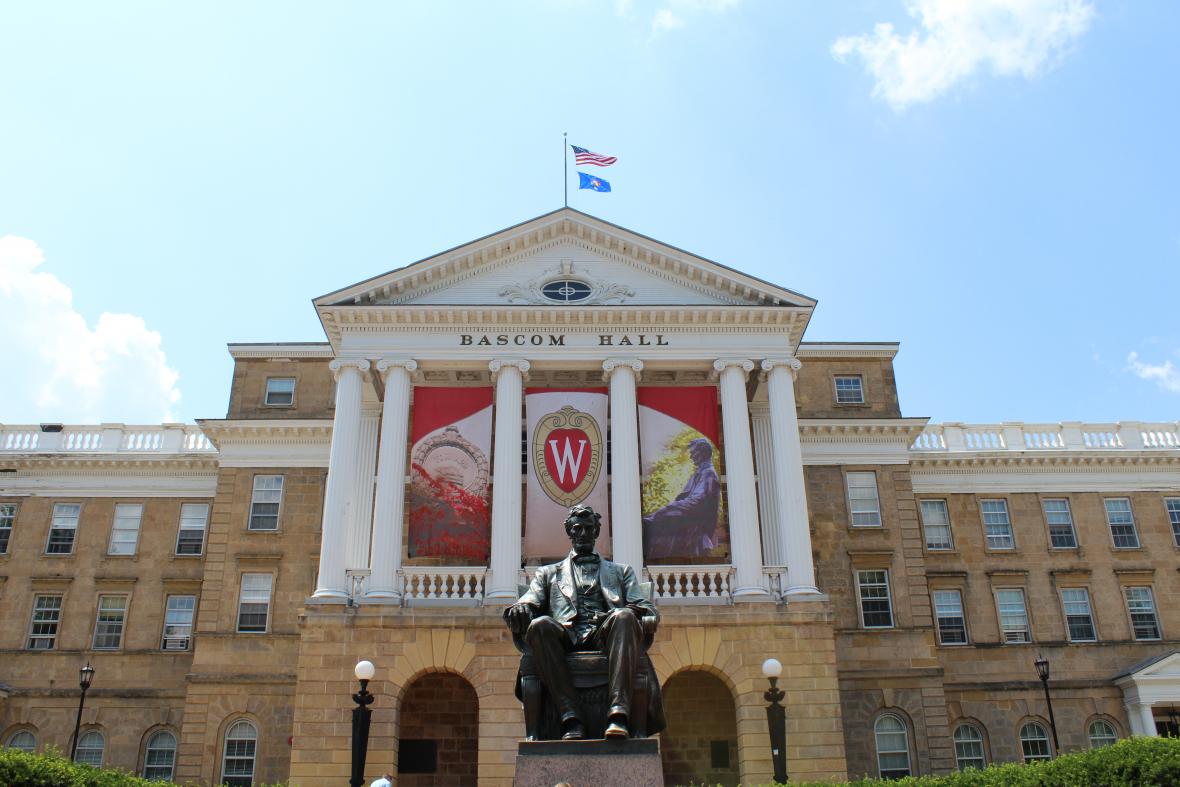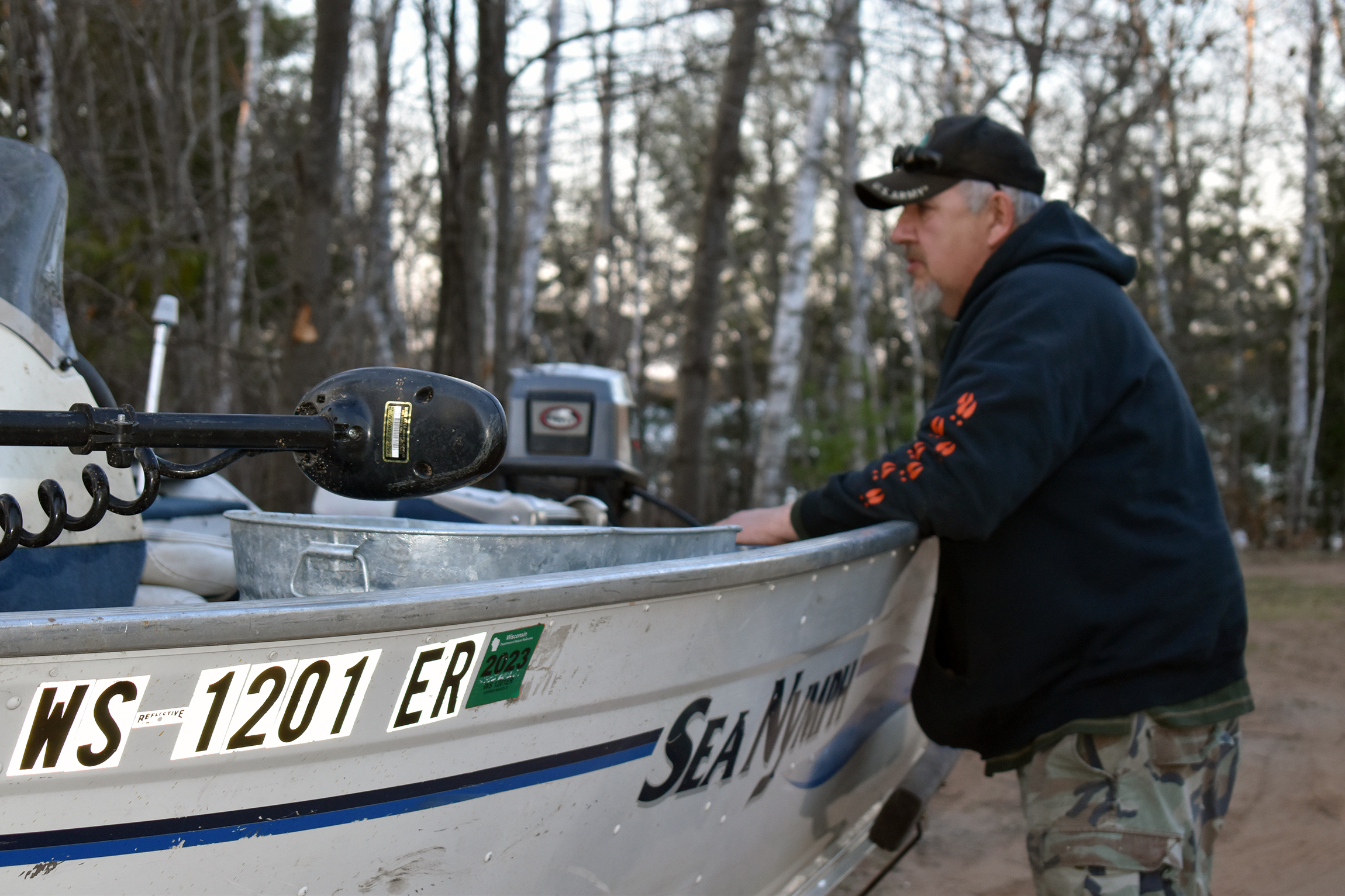The return to in-person classes at universities across the country has been an obstacle for many.
Capital Times higher education reporter Kayla Huynh gives us insight into how that transaction has gone for students living with disabilities at the University of Wisconsin-Madison. Many of them feel the university’s excitement surrounding the return to a “normal” school year has glossed over the realities these students face, especially at such a large school.
Accommodations for students that resulted from the COVID-19 pandemic — virtual learning, recorded lessons, transportation and an overall sense of flexibility — have lessened since the adjustment back to an in-person semester.
News with a little more humanity
WPR’s “Wisconsin Today” newsletter keeps you connected to the state you love without feeling overwhelmed. No paywall. No agenda. No corporate filter.
“We’ve all been scared that all that accessibility would go away once they decided to return in person, and that’s very much been the case,” said student Rachel Litchman, who has Ehlers-Danlos syndrome as well as postural orthostatic tachycardia syndrome. “They only really care about accessibility when it’s people who don’t have disabilities and when it impacts everyone.”
Wisconsin DHS: COVID-19 Weekly Recap
The seven-day average for new COVID-19 cases in Wisconsin is 2,587 as of Friday. The Wisconsin Department of Health Services has confirmed 8,107 total deaths from the disease.
Fifty-four percent of Wisconsinites are fully vaccinated — 83.7 percent of people age 65 and older and 42.8 percent of children age 12-15.
DHS announced this week the revival of the Community Testing Support Program, formerly known as the Testing Pilot Program. The program will “support entities across Wisconsin in offering local, convenient COVID-19 testing,” DHS wrote in a release.
More than 750,000 COVID-19 tests have been taken at over 70 locations, according to the release.
The following groups can apply for the Community Testing Support Program:
- Tribal and local health departments
- Health care providers licensed by the State of Wisconsin
- “Other trained specimen collection individuals or organizations under the authority and oversight of a physician or local or tribal health department,” said the release.
Six Wisconsin cities chosen to resettle Afghan refugees
As thousands of Afghan evacuees begin the process of finding new homes across the United States, some 400 have been approved to resettle in Wisconsin right now, according to the U.S. Department of State.
Those 400 people will likely settle in one of six Wisconsin cities including: Appleton, Green Bay, Madison, Milwaukee, Green Bay, Oshkosh and Wausau.
Bojana Zoric Martinez, director of refugee programs at the state Department of Children and Families, told NBC15 that those refugees don’t necessarily have to come from Fort McCoy — where more than 12,500 evacuees are currently living.
“Based on some of those assurances that the resettlement agencies have received, we’re expecting to see some of the first of our Afghan refugees resettled in our communities next week,” Martinez said.

Jonathen Davis/Team Rubicon
Report: Rooftop solar could meet two-thirds of Wisconsin’s electricity needs
A report released by the Wisconsin Public Service Commission found that the state’s rooftops have the potential to support enough solar panels to meet two-thirds of the state’s electricity needs.
The study, reported on by the Wisconsin State Journal, found enough unshaded roof space to support nearly 39,000 megawatts of solar-generation capacity — more than double Wisconsin’s existing generation capacity.
But the study predicts fewer than 2 percent of those panels are likely to be installed under current market conditions. That’s because the upfront costs of solar panels are often too much for homeowners, or people live in multi-family housing and don’t control their rooftop.
Still, the potential is affirming for some, including Sam Dunaiski, Renew Wisconsin’s distributed renewable energy program director.
“To see there is so much potential there on the behind-the-meter side is really great to see,” Dunaiski told the Wisconsin State Journal.
Class to help parents learn how to keep kids safe online
The state Department of Public Instruction and Department of Justice are launching an online class to help parents and guardians learn how to keep their kids safe while online.
The goal of the course — called “Pro-tech-ting Children Online: ICAC Resources and Support” — is to help identify exploitative behaviors, develop skills to support those impacted by it, and provide resources to have conversations about healthy online behaviors.
According to WITI-TV in Milwaukee, the Wisconsin Internet Crimes Against Children Task Force suggests parents talk to their kids about online safety early and often. And that they should have an open dialogue about their kid’s online activity.
The champagne apple‘s journey to Wisconsin
Only one family in the world grows champagne apples, reports WEAU-TV in Eau Claire. And that family’s in Cadott, Wisconsin.
The apple tree’s roots were first in New Mexico, where Dixon’s Apple Orchard got its start in the 1940s with Fred Dixon. After a forest fire in 2011 took away the orchard, Becky Mullane, Dixon’s granddaughter, and her family started another one from scratch when the family moved north for a fresh start.
Dixon’s Apple Orchard has expanded to include Dixon’s Autumn Harvest Winery, and the owners hope to make their own wine and cider products from the champagne apples someday soon.
Limited-time waiver could erase student loan debt for more than 20K borrowers
The U.S. Department of Education has announced it will use its authority to give borrowers a time-limited waiver — relaxing several rules so that previously disqualified loan payments can now be counted toward forgiveness.
Up to this point, to qualify for Public Service Loan Forgiveness, or PSLF, borrowers had to meet a handful of requirements including:
- Work in a public-sector job.
- Make 120 on-time student loan payments.
- Participate in a qualified repayment plan.
- Have a specific type of loan, known as federal Direct Loans.
The department estimates the waiver could make 22,000 borrowers immediately eligible to have their loans erased. Another 27,000 borrowers could see their debts disappear if they’re able to prove they were working in public service at the time they made payments that were previously ineligible.
This NPR report details what has changed, and what borrowers need to know about loan forgiveness.
Wisconsin Public Radio, © Copyright 2025, Board of Regents of the University of Wisconsin System and Wisconsin Educational Communications Board.



